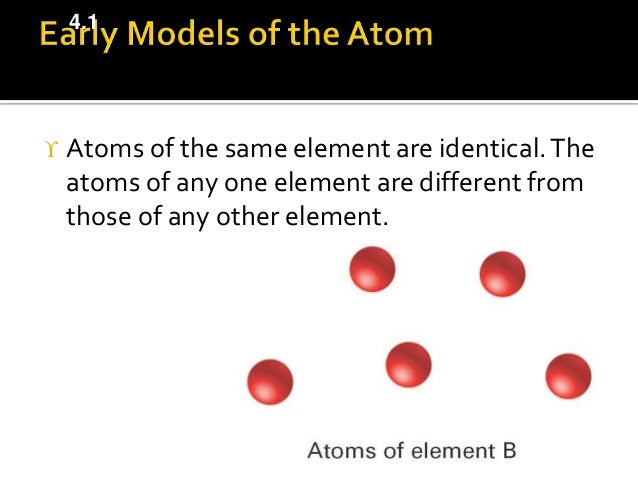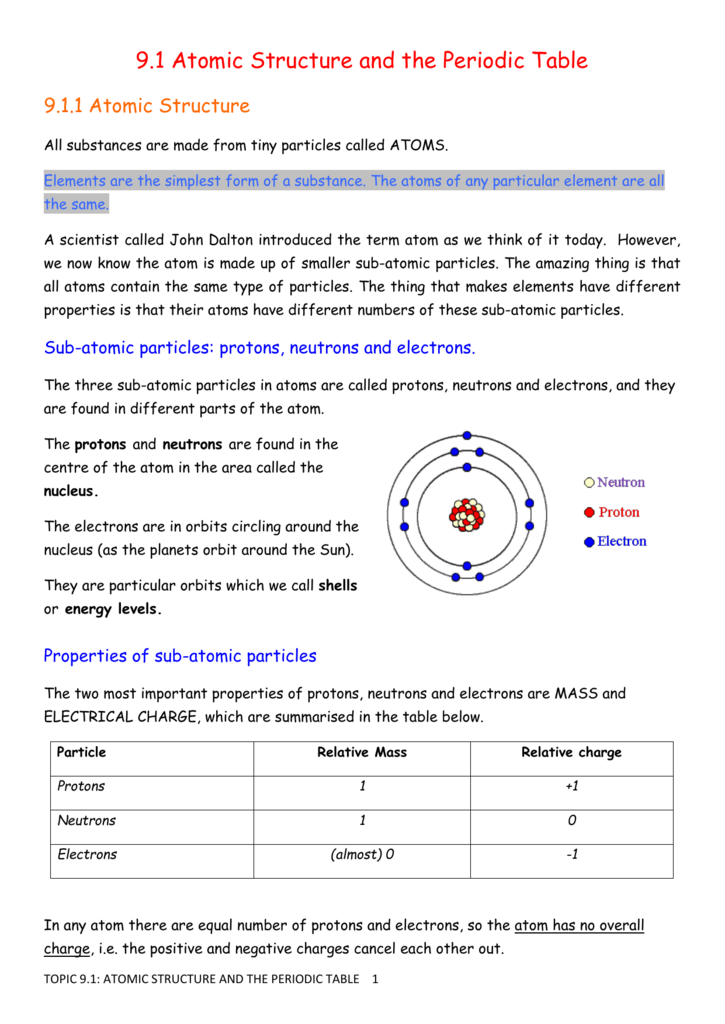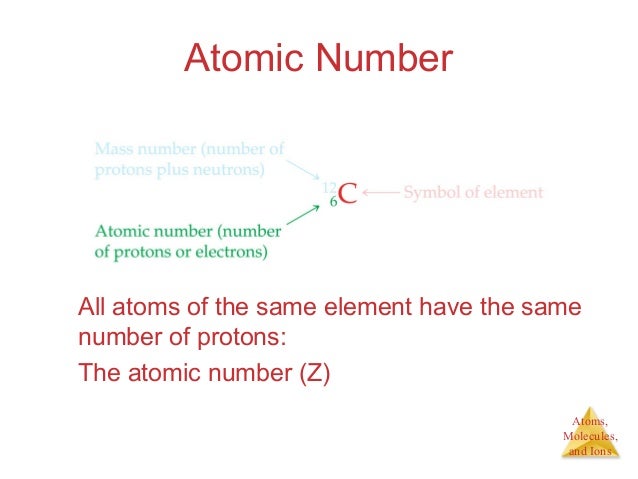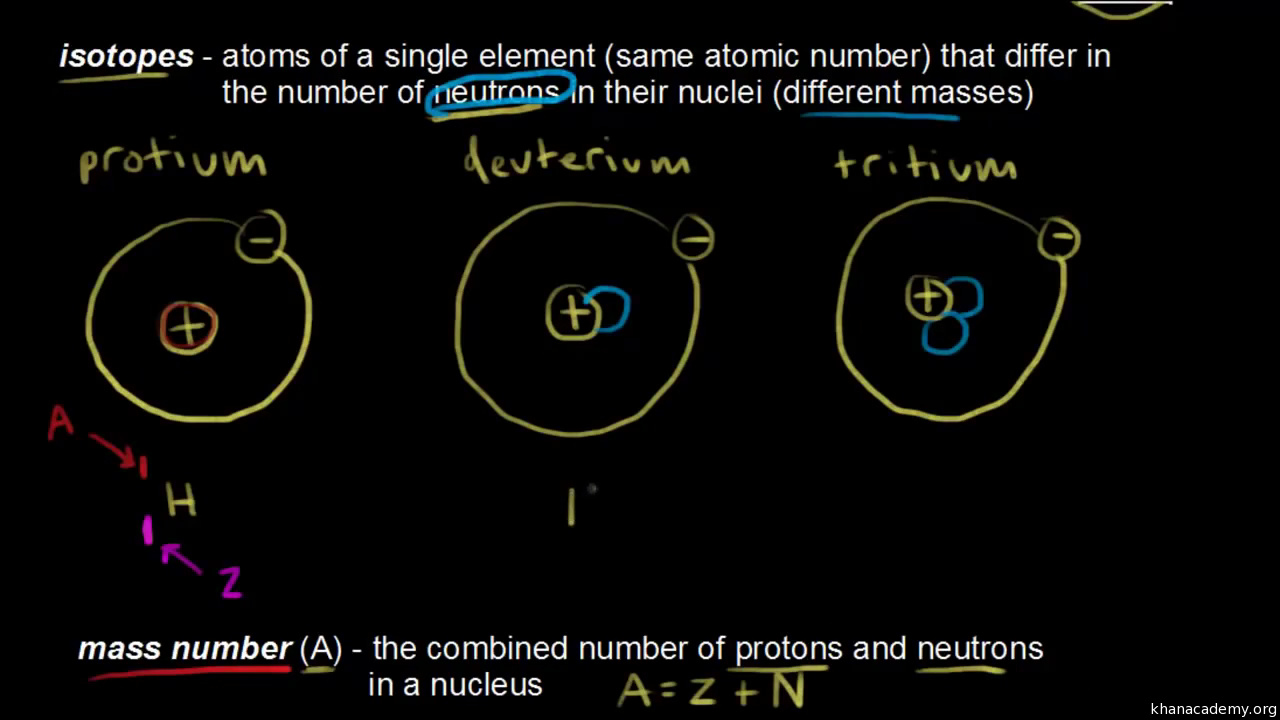Why do all atoms of an element have the same atomic number?
- All Atoms Of An Element Have The Same Number
- All Atoms Of An Element Have The Same Number Of Electrons

1 Answer
The reason JJ Thompson reasons that electrons must be part of the atoms of all elements was because the charge to mass ratio of the electrons was the same, regardless of the gas used or material used as the anode or cathode. In other words, all atoms of the same element have the same number of protons. Furthermore, different elements have a different number of protons in their nuclei, so the number of protons in the nucleus of an atom is characteristic of a particular element.
Because atoms of an element has, essentially, the same number of protons.

Explanation:

For ground state (no charge) atoms, you have to remember the following facts:
1.) The atomic number is the same as the number of protons.
2.) The number of electrons is the same as the number of protons.
3.) The atomic mass is the sum of the number of protons and neutrons.

For ions (which may either have a positive or negative charge), only the number of electrons are being changed. If the ion is negative it means that an electron has been added to the configuration. If the ion is positive, it means that an electron is removed from the configuration.
For example,

For isotopes (elements that have different masses, no charge), only the number of neutrons has been changed. Examples are Carbon-12, Carbon-13, and Carbon-14.
All Atoms Of An Element Have The Same Number
Carbon-12 : 6 protons +
Carbon-13 : 6 protons +
Carbon-14 : 6 protons +
Because none of these situations change the number of protons, the atomic number stays the same regardless.
All Atoms Of An Element Have The Same Number Of Electrons
Related questions
